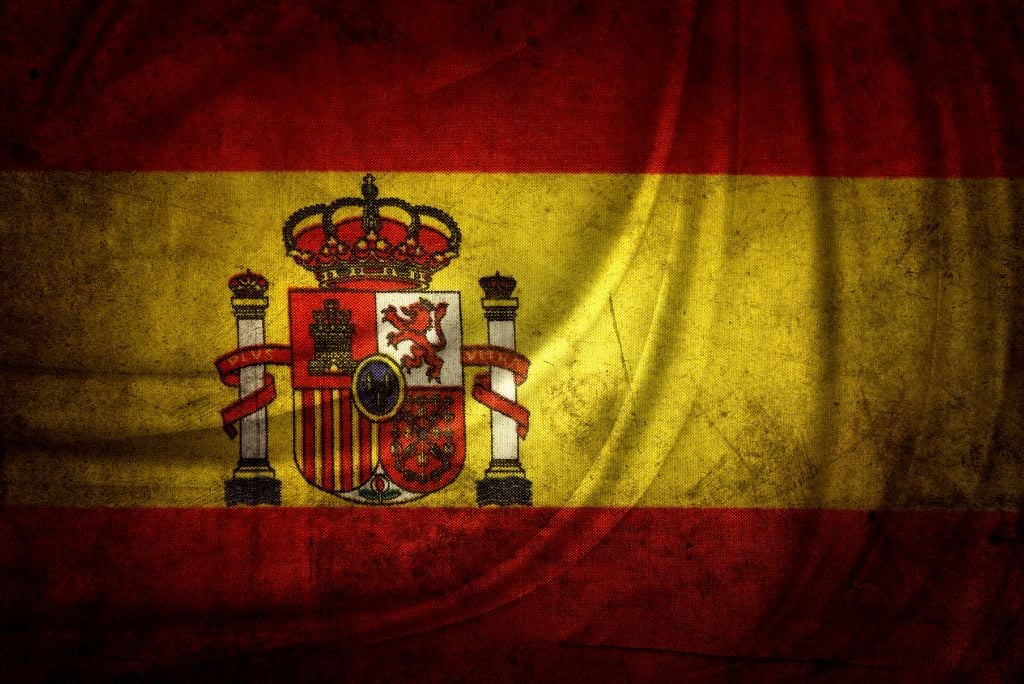In the 1980s, Spain and Portugal experienced a surge of European enthusiasm, signified by their aspirations to join the common market. This period marked a transformative sociological shift where, after being long perceived as natural allies of Latin America, these Iberian nations began to develop a sense of superiority over their former companions across the Atlantic. The idea of being accepted by “Europe” seemed synonymous with achieving recognition as developed nations. The sentiment resonated with the aspirations of a generation enamored with progressive movements and cultural milestones like the 1968 protests in France and the Woodstock festival. However, this perception of European acceptance fundamentally changed the way these countries viewed their historical relationships with Latin America, fostering an attitude that increasingly disparaged these ties.
The ambivalence surrounding the notion of “being European” started to surface as the realities of bureaucracy emanating from Brussels became evident. While the dream of an integrated Europe held great allure, Spain subsequently realized that many policies from the European Union were detrimental to vital sectors like agriculture and livestock. The initial excitement transformed into a sense of disenchantment as Spanish governments found themselves acting as subordinate agents of wider European directives rather than exercising true sovereignty. This situation raises an essential question regarding the implications of European integration: what truly binds diverse nations together beyond mere economic transactions, and can such a union withstand the pressures of national identity and self-determination?
A critical examination of Europe’s bureaucratic mechanisms points to a concerning trend of encroachment on national sovereignty, with regulations and globalist laws sometimes contradicting the best interests of individual member states. This reality becomes even graver when viewed through the lens of historical events experienced in Latin America—specifically in Cuba and Venezuela. There is an alarming parallel drawn by current observers, such as American journalist Rod Dreher, who highlight how the deterioration of those nations’ political climates mirrored early warnings ignored by the populace. Just as inhabitants of Venezuela once believed their wealth would protect them from dictatorial regimes, many in Spain today naively assert that their status as European citizens guarantees immunity from similar authoritarian tendencies.
The current political landscape in Spain, under Pedro Sánchez’s government, has raised eyebrows as it aligns itself with ideologies that endeavor to undermine traditional values and freedoms. Critics allege that this administration’s reliance on leftist alliances, coupled with inaction from opposition parties like the Partido Popular, creates an environment ripe for the erosion of civil liberties. In this context, Spaniards must heed the grim warnings offered by Cuban and Venezuelan exiles who have firsthand experiences of the gradual decline into autocracy. Their voices embody critical lessons in vigilance and resilience amidst mounting threats to freedom and democracy.
Despite the daunting challenges ahead, all hope is not lost for Spain’s future. There exists a commendable drive within Spain to reconsider its position in Europe and to advocate for its self-interest, signaling a potential shift towards a more assertive national identity. Building bridges with like-minded patriots from both Europe and America might offer a path forward, integrating diverse perspectives while fortifying the resolve needed to resist unwarranted pressures from bureaucratic entities. The collective experiences of those who have lived through devastating regime changes will undoubtedly contribute valuable insights into safeguarding the liberties and governance principles many Spaniards currently enjoy.
To address these pressing issues, it is imperative that Spain not only pursues constructive dialogue internally, but also engages with the collective wisdom of exiled communities. The narratives of Cubans, Venezuelans, and others who have faced authoritarian rule can serve as both cautionary tales and guides for future action. In order to push forward positively and counter the darker trends within European bureaucracy, a deeper understanding of the values defining national identity and sovereignty must take precedence. As Spaniards grapple with their historical ties to both Europe and Latin America, the fusion of these cultural histories can empower a more vigorous defense of individual rights and liberties in the face of external pressures.

